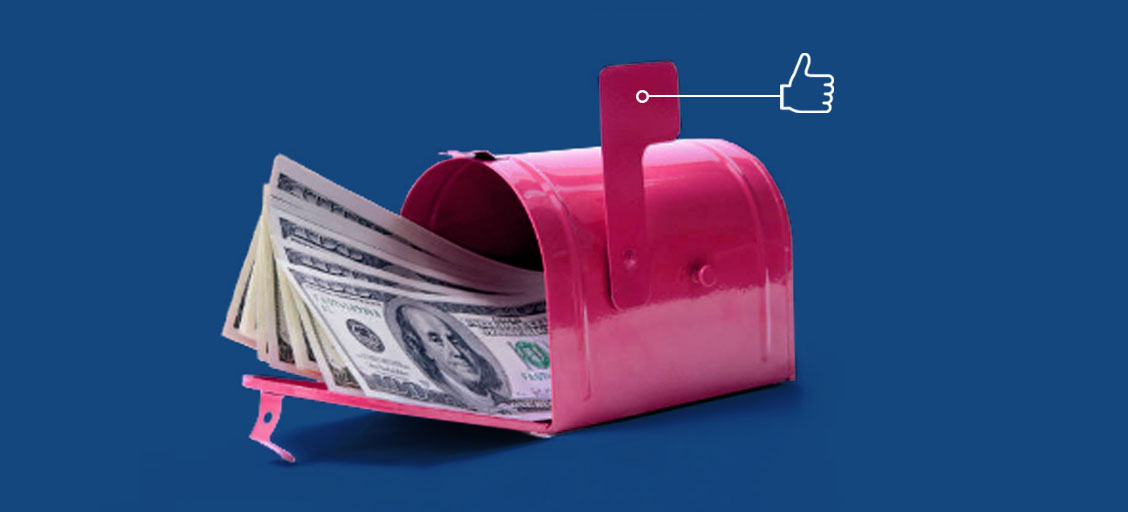While nearly six in 10 people (59%) say they approve of the economic stimulus package passed by Congress last month, many more (80%) say they would support increasing future stimulus payments to $2,000 per person, according to a new survey from the New York Times and SurveyMonkey.
Majorities of Republicans (67%), independents (84%), and Democrats (93%) all say they would support increasing the individual payment from $600 to $2,000, a proposal that has already become a key point for Biden as he prepares to take office.
Support for the December stimulus package is lower among all partisan groups, with less than half of Republicans (48%) and weaker majorities of independents (60%) and Democrats (71%) expressing approval.
More than half of people (55%) across the country say they received a stimulus payment as a result of the December relief bill, and another 22% haven’t yet but expect to receive a check.
Among those who have already received a check or who expect to receive it soon, a plurality (39%) say they plan to spend it on immediate necessities, such as food, rent, or a car payment. Another 29% say they plan to use the money to pay down debt, 21% plan to save it, 3% plan to donate it, and 8% plan to spend it on something else.
Asked what they would do with the money if the check were made out for $2,000 instead of $600, those numbers shift slightly: 35% say they would use the funds to pay down debt, 31% would spend it on immediate needs, 23% would save it, 3% would donate it, and 8% would spend it on something else.
Biden presidency begins with low economic confidence
At the start of Joe Biden’s presidency, consumer confidence has never been lower among Republicans or higher among Democrats—a continued reflection of the huge wedge that partisanship has driven in views on the economy over the past four years.
Republicans’ index score fell for the third consecutive month, down from a score of 42 in December to a score of 38 now. Democrats’ score ticked up three points from December to a new score of 51, marking the first time in the four years of the survey that Democrats have recorded a score of 50 or greater. Overall, consumer confidence rose just one point from December, from 44 to 45.
Republicans’ score (38) at the start of the Biden administration sits just below where the Democrats’ score (42) had been at the start of the Trump administration in January 2017. However, Trump took office with huge confidence among Republicans, whereas Biden begins with only middling confidence among Democrats.
Just 30% of the country say they expect to be better off financially a year from now, the lowest at any point in the last four years; 25% expect to be worse off financially a year from now, the highest at any point in the last four years.
Nearly two-thirds (65%) say they expect the next five years to bring periods of widespread unemployment or depression for the country as a whole.
For more detailed results, click through the interactive toplines below.
Read more about our polling methodology here.



